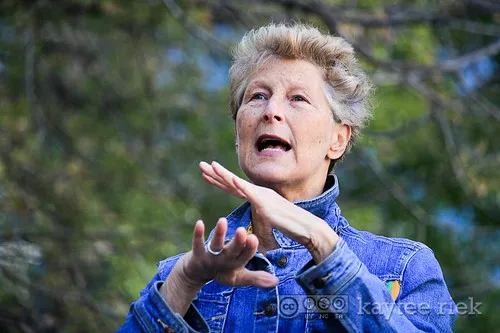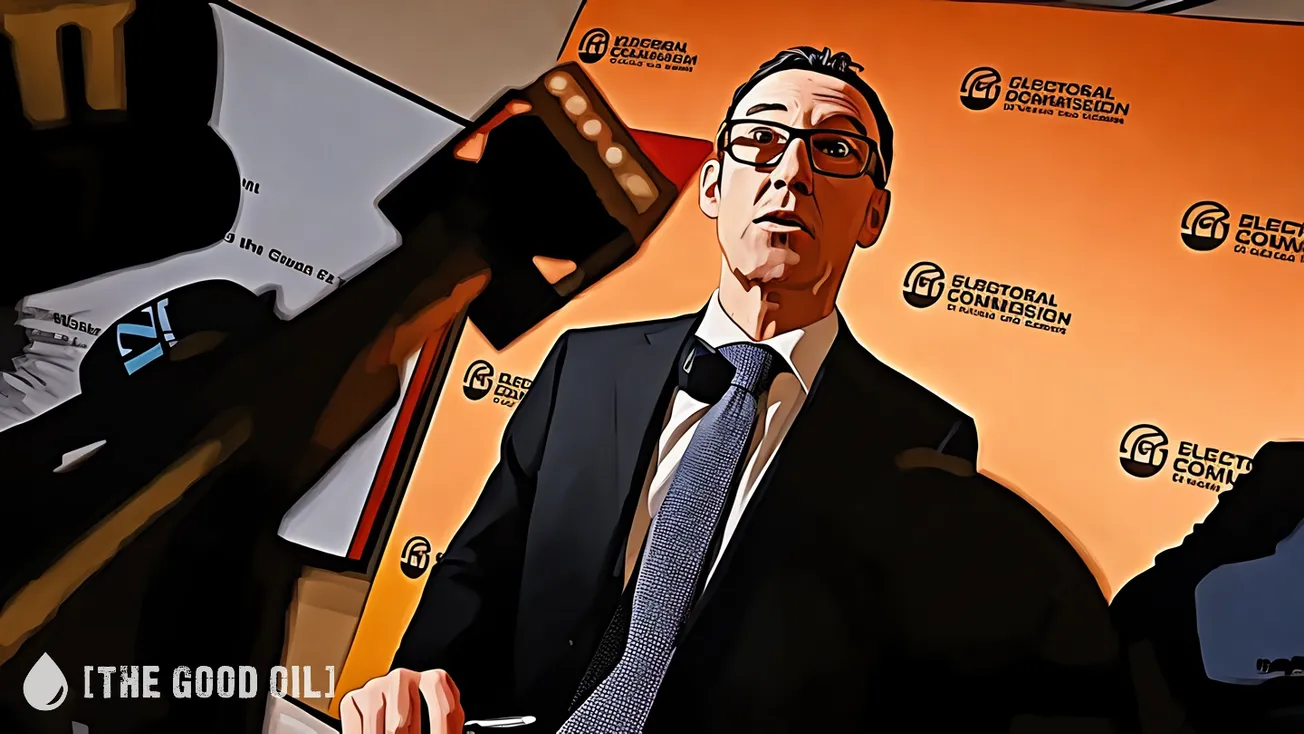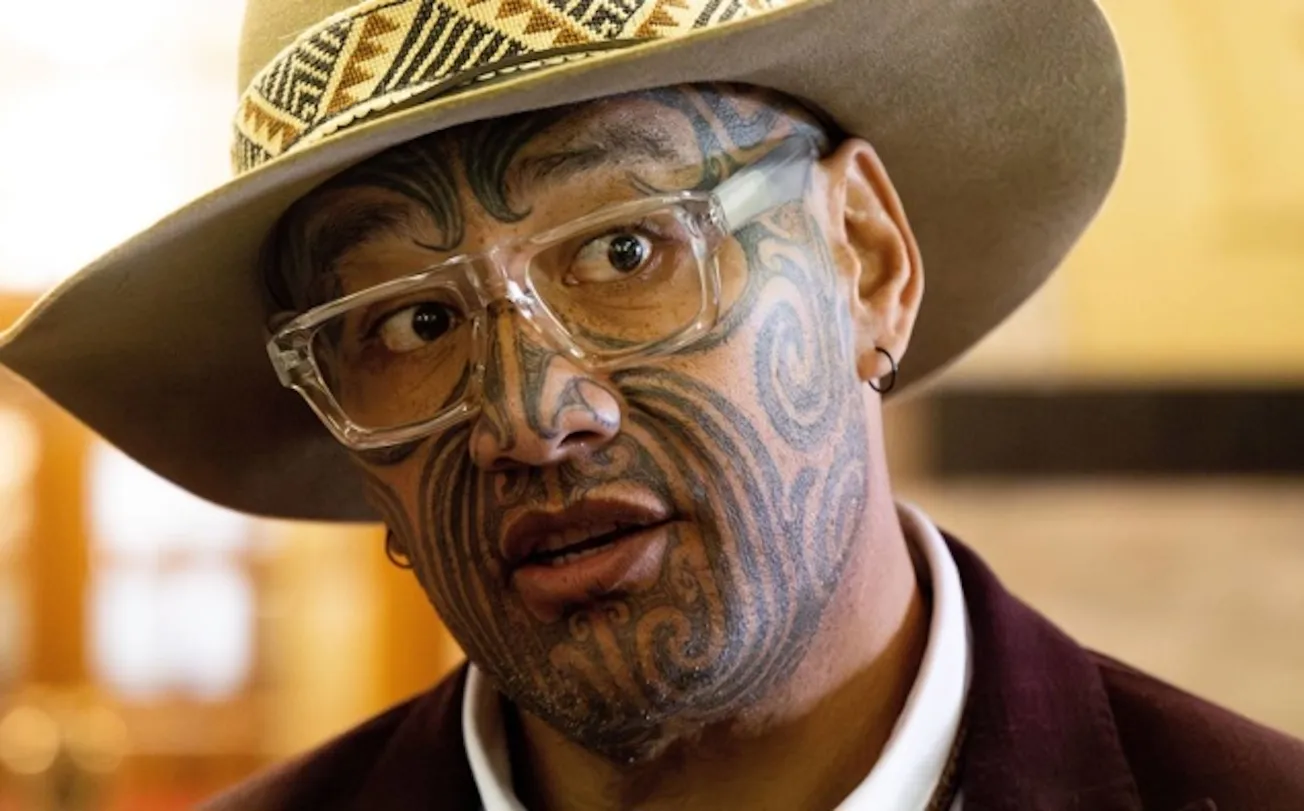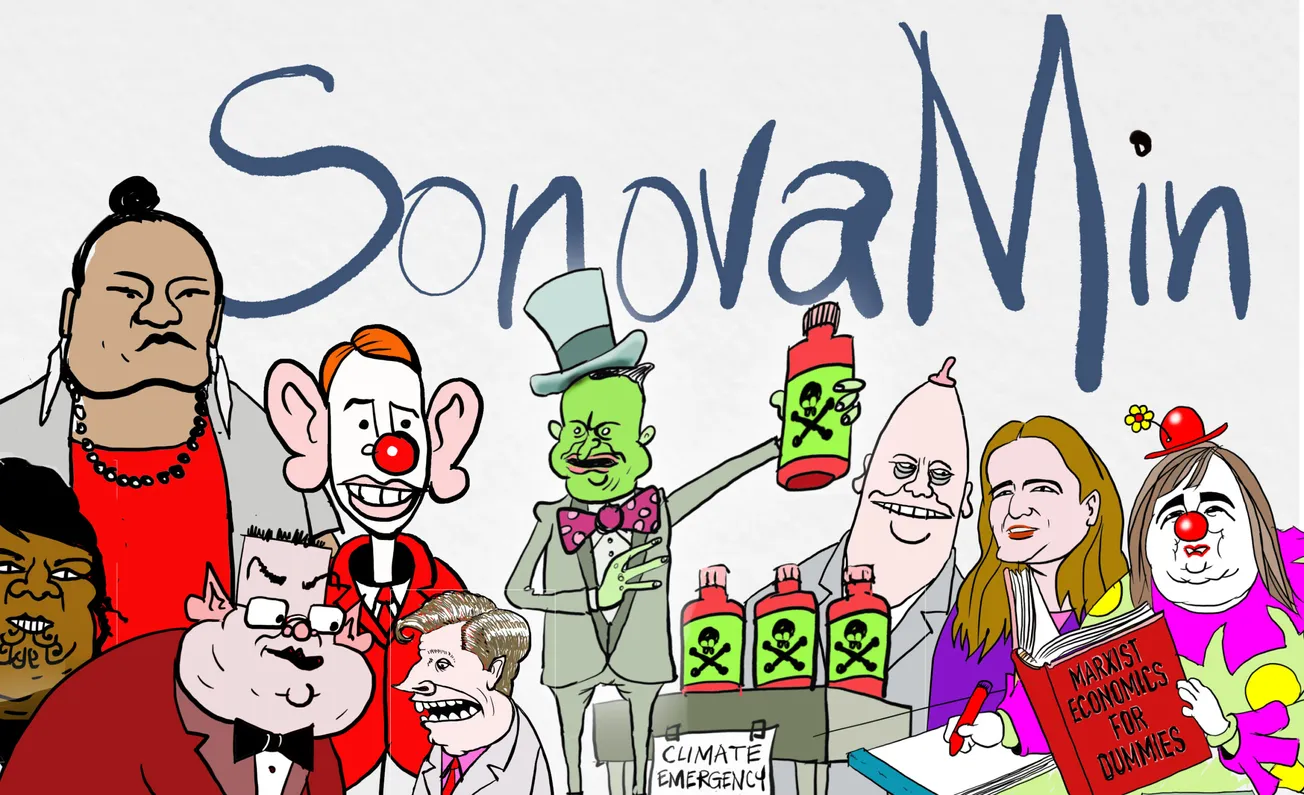Table of Contents
Voting early was a good call to make. The place was deserted, staff outnumbering voters three to one – I was the one. Anyway, any interaction requiring a verbal component is extremely difficult for me, as it was in my pursuit of helping to expunge the toxic, undemocratic, divisive government we have been stuck with for six interminable years.
My difficulty is that I am profoundly deaf beyond the reach of hearing aids and cochlear implants. I am unsure why the words “I am deaf” result in laughter, at being shouted at, or simply having whatever it was repeated over and over as if either increased volume or repetition will wave a magic wand and I will hear – hooray! See, you’re not deaf after all. I wish.
So when I presented my voting card and thought that would remove any necessity for discussion, Cheryl, not her real name, said something, I know not what, and with her ruler expectantly held aloft towards me looked baffled when I did not respond as she wanted. I identified my disability to her; she repeated her words. And then again. Each time, she was unable to comprehend what my words meant – and I was unable to comprehend hers. So we had a stand-off. A pleasant one. Not discourteous, but uncomprehending. I asked if she could please write down what it was she was asking me, and reluctantly, she did. Ah, my name. But that is on my ID card. But she still requires my full name to be spoken out loud. What, then, is the point of the ID card?
I think back to the requirements of Maori, recently identified by Massey University.
They demand equality at polling booths.
Maori are again seeking reassurances from the Electoral Commission this year that they will be treated equally when exercising their right to vote in the General Election.
Maori demanding equality at polling booths (massey.ac.nz)
Complaints made by Maori voters during the 2017 General Election raised concerns about unfair treatment and institutional racism at polling booths, with the Electoral Commission assuring New Zealanders that problems underpinning these concerns would not be repeated in 2020.
[…] research conducted by Associate Professor Veronica Tawhai, Ngati Porou, Ngati Uepohatu, from Te Kunenga ki Purehuroa Massey University showed several issues were ongoing in the 2020 Election. This included some polling places having no Maori Roll, no voting ballots for Maori electorates, and electors on the Maori roll experiencing discrimination and longer wait times.
“Given Maori electorates have existed since 1867, the lack of preparedness and attention given to ensuring those on the Maori Roll can exercise their democratic right to vote as easily and efficiently as other New Zealanders is unacceptable,” Dr Tawhai says.
The research recommended increasing the number of Maori venues like marae to use as polling places, increasing the number of Maori and te reo Maori-speaking staff, educating staff about the Maori Roll and Maori electorates, including pronunciation, and vetting staff for discriminatory attitudes. Election 2023: Kaupapa Maori polling places to counter voter discrimination
Election 2023: Kaupapa Maori polling places to counter voter discrimination | Stuff.co.nz
OK, let’s rewrite that in terms of the signing-deaf population of NZ. NZSL is the third official language in New Zealand and has been since 2006.
According to the 2018 Census, there were approximately 23,000 people in New Zealand who used New Zealand Sign Language (NZSL), with around 4,600 of them being Deaf.
Should we require polling booths to have fluent signers aware of the niceties of pronunciation and free of discriminatory practice? A satirical question.
And how many Maori speak exclusively Maori? I can find no stats for that, but the reverse goes like this.
Almost one in five Maori adults can speak te reo Maori, and a third say they can understand the language at least fairly well, provisional data released by Stats NZ today show.
“Of Maori people aged between 15 and 34 years who speak at least some te reo Maori, 45 per cent said they learned it through Kohanga reo, Kura Kaupapa Maori, or Wharekura. This rose to 68 per cent for those who speak te reo Maori fairly well or better.”
https://www.rnz.co.nz/news/te-manu-korihi/413591/te-reo-maori-data-shows-20-percent-of-maori-speak-the-language
So, on that basis, do all Maori speak English or are a number of them mute and living under rocks? This after years of state support for te reo. You can’t have it both ways, chaps. New Zealand First’s Shane Jones says:
“[…] language has become a divisive topic under Labour.
“What we want, more than anything else, is for children, boy or girl, to be able to count, read and write.
“We mustn’t weaponise the language to divide New Zealand.”
https://www.nzherald.co.nz/kahu/shane-jones-we-must-not-weaponise-te-reo-maori-to-divide-new-zealand
The calls to have te reo spoken at polling booths by increasing the number of Maori and te reo Maori-speaking staff, educating staff about the Maori Roll and Maori electorates, including pronunciation, and vetting staff for discriminatory attitudes is divisive and surely insulting to Maori who speak perfect, fluent English.
I have always thought that the Maori proverb “walking backwards into the future” was powerful and an excellent maxim, looking to the past to inform the future and indeed as others of us do under different vocabulary. However, many Maori now seem hell-bent on walking forwards into the past. The past should be a stepping stone, but in New Zealand it is becoming a millstone.
So, to assist the Deaf/deaf community, should we have polling booths staffed by NZSL signers? Do any polling places have staff who have a clue as to what “I am deaf” means and do we as deaf/Deaf electors experience discrimination and longer wait times? I jest. But it is as fanciful as the Maori request for te reo at polling booths.
Now, I may have been unlucky and Cheryl (still not her real name) may have been the type of person who has to ask how long it takes to cook two-minute noodles, but why is it so very difficult for people to comprehend that unless we, the Deaf/deaf, are illiterate, we can read and we can write. We don’t need a novel to understand what you want, just a few words, and, like magic, we will then be able to supply, as in this case, “my full name”.
Why is it so difficult for people to comprehend what being deaf means? Contrary to much experience, no, it is not funny, so you don’t need to laugh when I tell you of my disability. Would you laugh at someone in a wheelchair? A blind person? And yes, it is a real disability and it makes life very difficult in the absence of just a modicum of common sense and understanding.
My wish for society is that this invisible disability be provided for – in the first instance with comprehension and with a piece of paper and a pen. It really is that easy. Why not in polling booths? Thank you, Cheryl (no, not your real name) for finally ‘getting it’ and writing down your request. See, that wasn’t so hard, was it?








